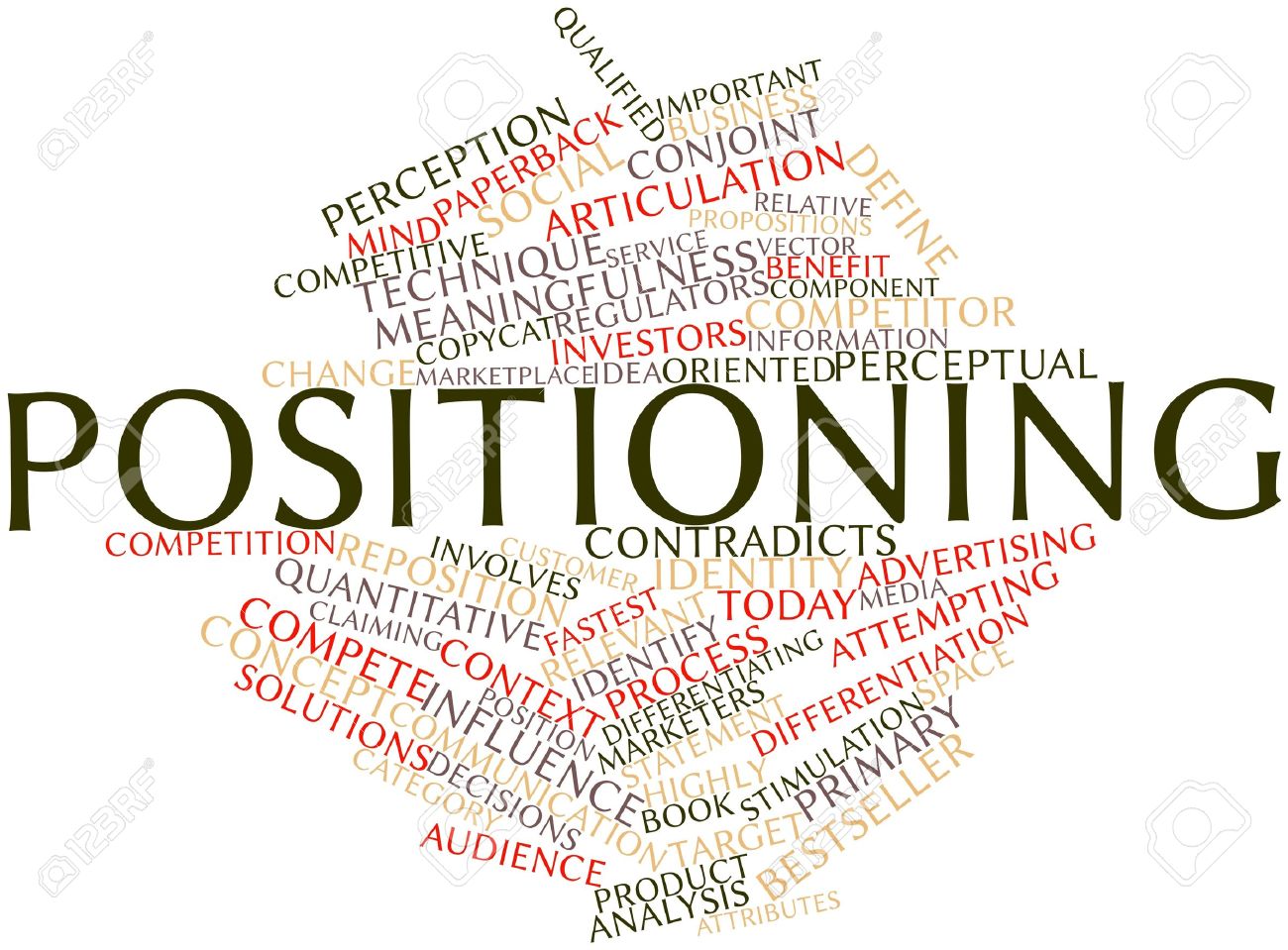By Louis Jameson, Assistant Manager, Group Disability Programme at Lloyds Banking Group
 Today I want to share some thoughts on how to position a disability or health condition when entering work. Whilst our universities get us work-ready, no one discusses how to address our disability with an employer. This is what I will try to do. We can show them our disabilities are ‘no worries’!
Today I want to share some thoughts on how to position a disability or health condition when entering work. Whilst our universities get us work-ready, no one discusses how to address our disability with an employer. This is what I will try to do. We can show them our disabilities are ‘no worries’!
I am Louis first, being blind is secondary. Actually, my guide dog, Fleur, has decided she’s first and a top networker. I have no choice but to share information about my disability, but I would always recommend it, as then you can be yourself at work and supported by your colleagues.
Positivity
We all feel nervous at interview or starting a new role, this is natural. However you feel; positivity is vital. Sure your disability can create challenges, but that is a conversation for later.
Due to a lack of knowledge the interviewer may be nervous recruiting you. It’s up to you, be positive and show them it’s ‘no worries’ for you!
Think ability not disability! Does your disability enhance, or give you extra abilities?
Mine does. Here are three:
- strong planning and organising abilities;
- resilience to overcome challenges;
- a different perspective to better serve customers.
I like to just slip disability into my CV overtly, but it can come in useful for interview questions too.
- In my personal profile: “He … supports his team by providing disability insights on everyday issues.”
- Under Volunteering I cover giving talks to children about Guide Dogs and living with sight loss. Subtle.
The Power of Language
How do you introduce your disability to someone? Have you ever considered the impact this could have?
You Say … They Feel
I suffer from … Well-meaning negative action
I am a victim of … Invokes pity
I am an “ic” (e.g. epileptic) … Disability before being a person
VS
I live with … Non-emotive language
I have lived experience of … You first, then your disability
To support me in the process of managing my disability, I need … You are taking ownership
You may ‘suffer’, I’m not disputing that. When you’re out to get a job though, you need the right response. Well-meaning negative action isn’t going to help you.
By this I mean, the recruiter doesn’t want to increase your suffering by accepting you on their grad scheme. They’re not being nasty or discriminating, just negatively nice. Stick with ‘live with’ – it’s un-emotive and much safer ground.
‘To support me in the process of managing my disability’ are the magic words.
The fear factor has gone and they can breathe. You’ve taken ownership, shown them the path and guided them to simple actions they understand and can cope with. They may not quite be at ‘no worries’, but better than blind panic – no pun intended.
Positioning Your Disability
You are the expert of your own condition!
 Its okay, don’t panic – you don’t need to know it all. Entering work is a big deal! You do have past experiences though and that’s a good starting point. By sharing these your putting your manager/team at ease. They’re only scared of what they don’t know and you need to empower them.
Its okay, don’t panic – you don’t need to know it all. Entering work is a big deal! You do have past experiences though and that’s a good starting point. By sharing these your putting your manager/team at ease. They’re only scared of what they don’t know and you need to empower them.
I always start by telling everyone that there is nothing they can ask which is going to offend me – dangerous! You can then have a conversation with your manager, create a one-pager and/or do a short presentation in a team meeting. In these you could include:
- what is your disability;
- how does it impact my everyday life;
- what challenges you expect at work;
- what they can do to support you.
My one-pager talks about how I live independently; using my talking gadgets and organising my ties to match with my shirts (it’s important). In work, things like PowerPoint and travelling alone are challenges. They can help me by sending materials in Word, giving me notice of travel so I can book assistance ahead.
When I presented this in a team meeting I thought I’d make it fun. Showing them:
- how I handle money;
- got out the Braille and;
- some gadgets from home.
I only started doing this after a few roles; I found that it really educates and engages everyone. In one swoop you’ve a room of advocates. Here are some strategies some colleagues use:
- a traffic light or scale to indicate to others their mood and what action they require from the team, such as being left alone;
- have a seat saved near the door for anxiety or regular loo breaks;
- having a code word to communicate that you feel stressed or anxious etc.
So now the unknown is known, they know how to behave and can help you overcome the new challenges that await. Before long, supporting you manage your disability will be second nature and ‘no worries’.
If you are unsure about something, stay calm and take it away. You have control, take some solutions back and discuss. To help you consider:
- your firm’s workplace adjustments provider;
- networking with other colleagues with a disability;
Speak to a charity or; - Access to Work for guidance and/or funding.
Conclusion
We’re all unique and these ideas might not suit you. That’s fine– all I ask is that you reflect and take-away:
- be positive;
- mindful of your language;
- take ownership for your disability and;
- engage your manager/teams.
Most importantly though, remember you will be an asset to whichever organisation you join. I challenge you all to ensure you do that!
Louis Jameson joined Lloyds Banking Group as a HR Graduate in 2013 after graduating from UWE Bristol with a first in Economics. His team’s role is to make disability business as usual across the Group and Louis partners HR and Recruitment in delivering this.
